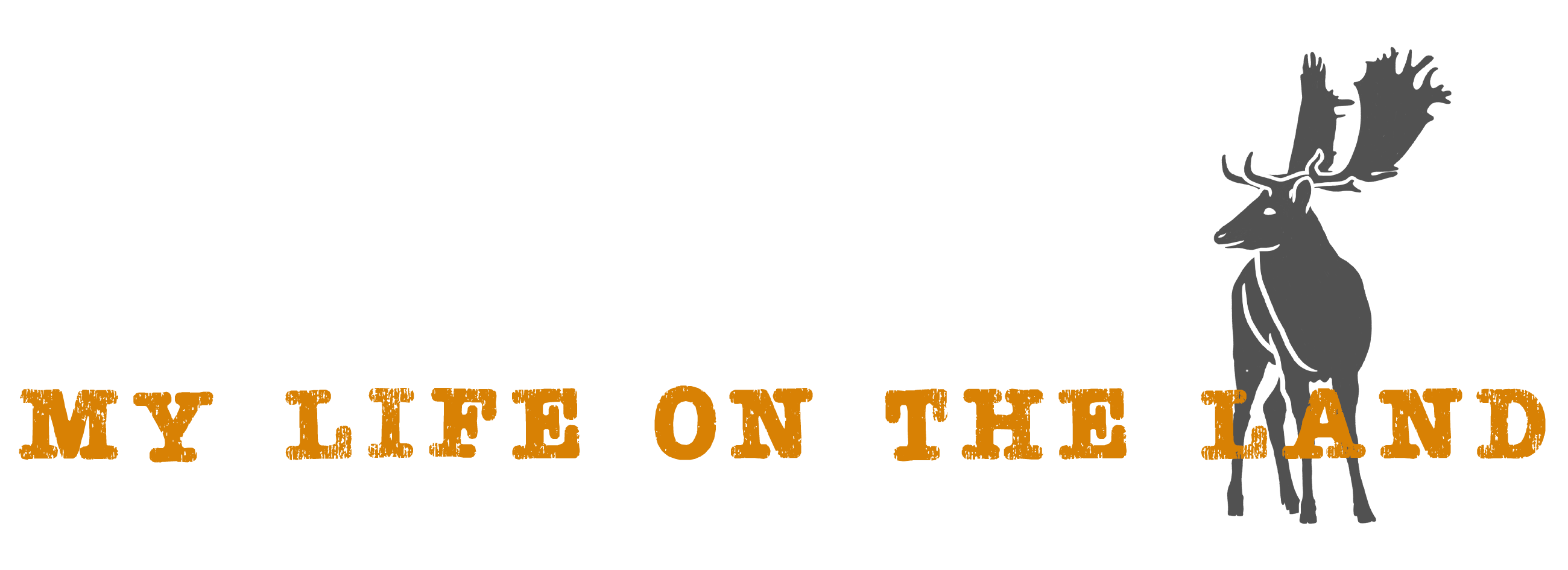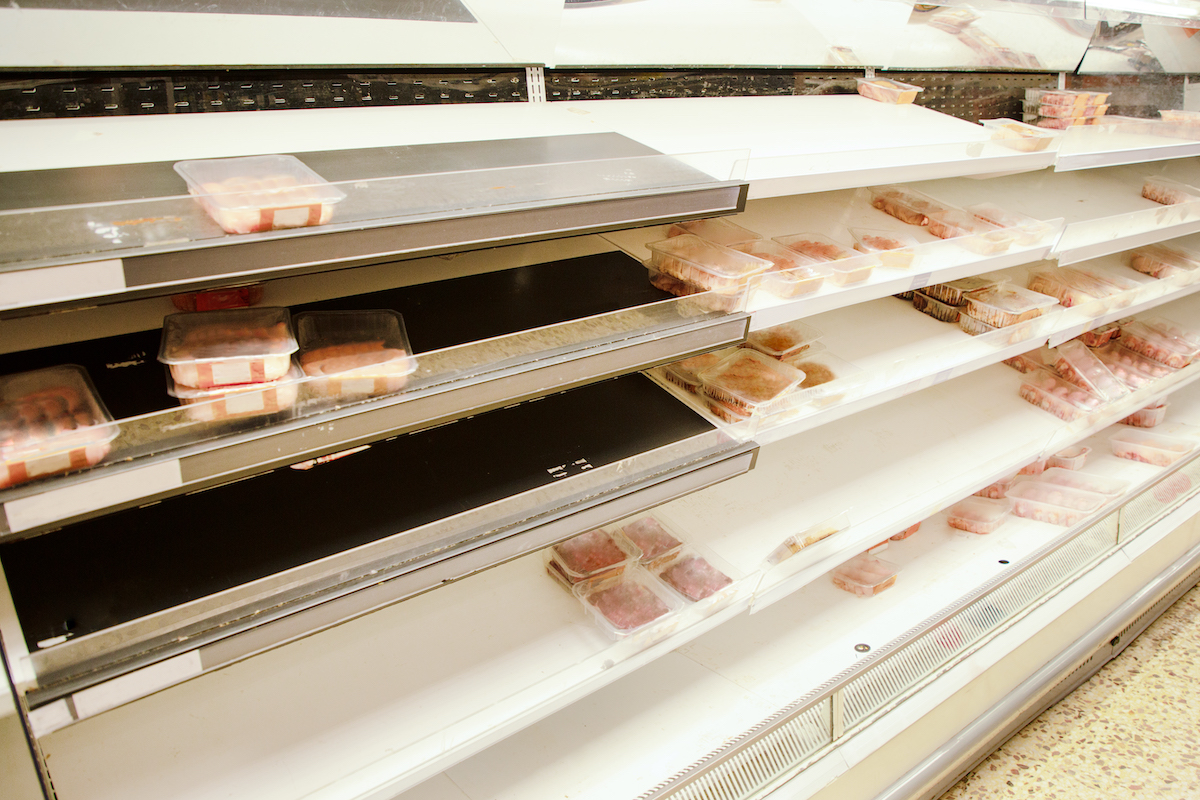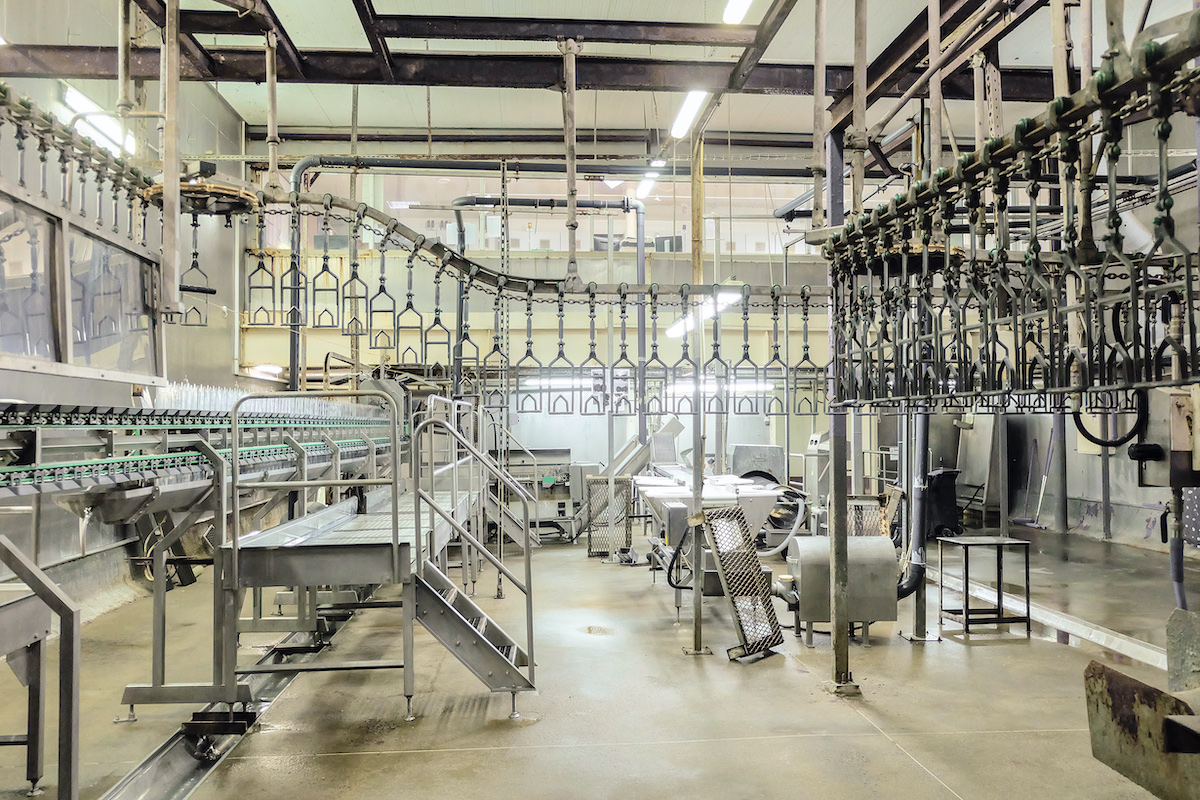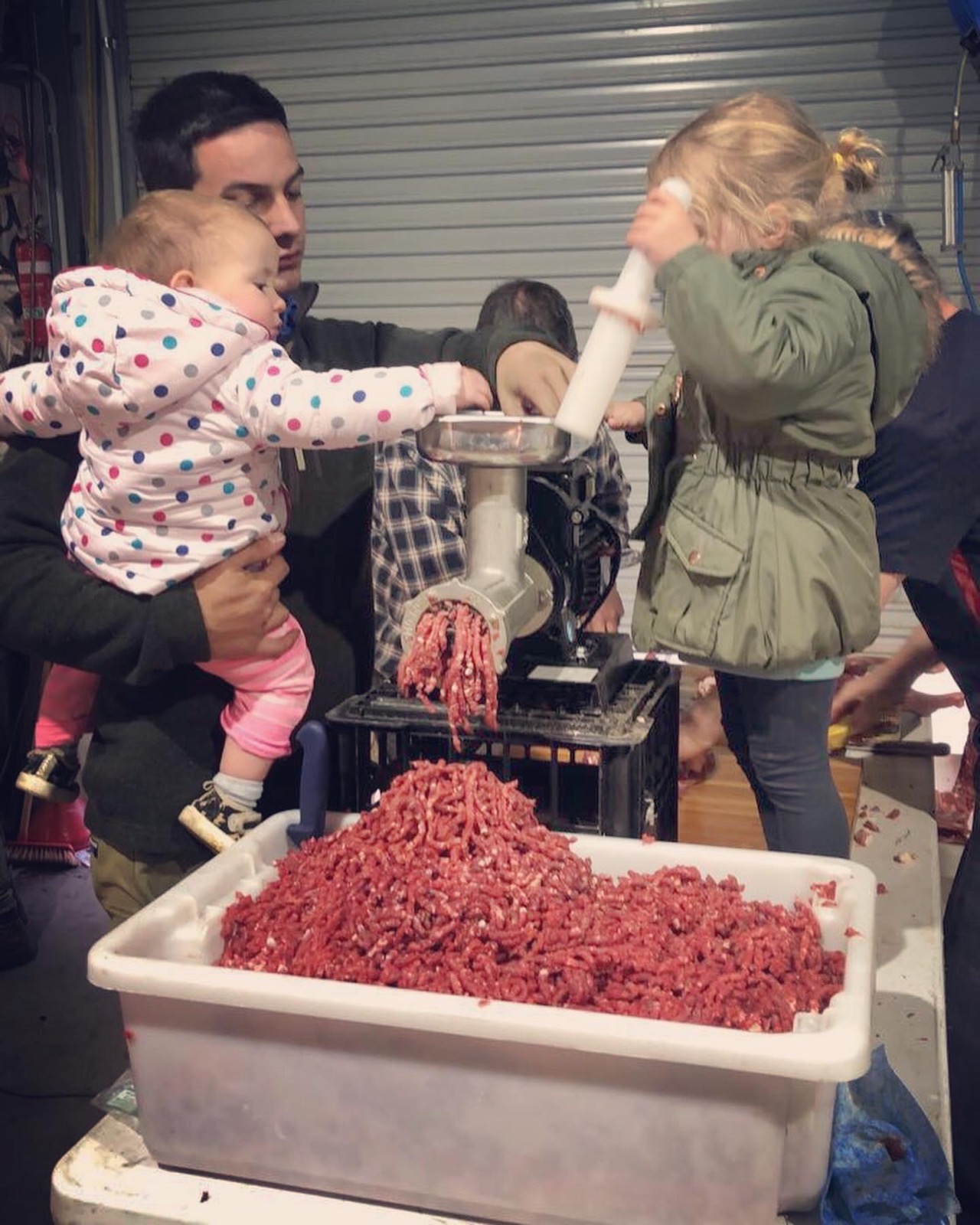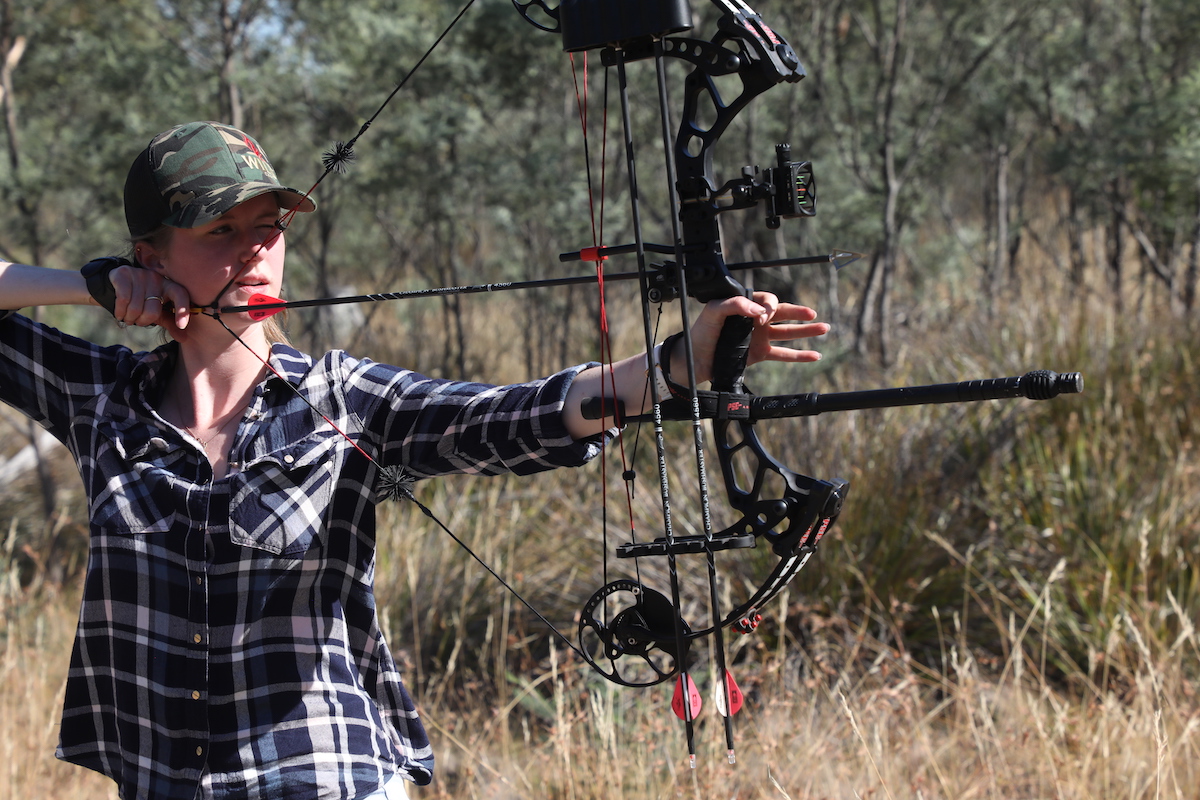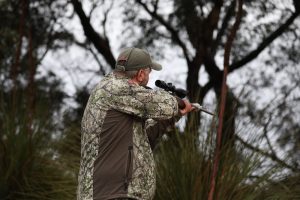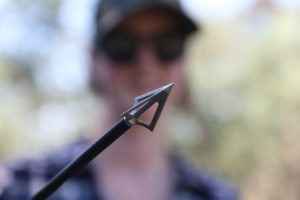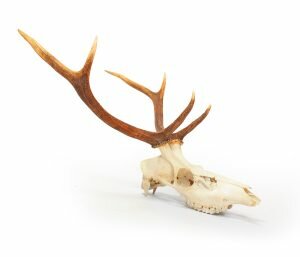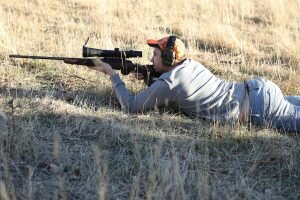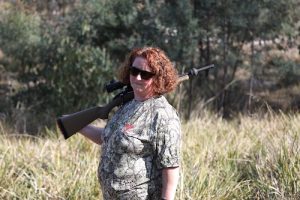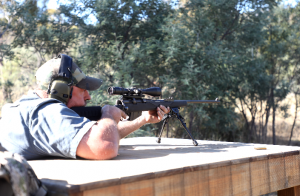Could Covid put hunting back on the map? The global pandemic has caused massive disruption to incomes, industries and supply chains that has resulted in wide spread food shortages. But there’s one change Covid-19 has wrought that many did not see coming – it has sparked interest in learning to hunt and seen applications for hunting licences double in some parts of the world.
How a virus put hunting back on the map
It is no secret that for the last few years, hunting as an industry, has taken some pretty big hits. Gun control, animal activism, and urbanisation have all had an impact on people’s interest in learning to hunt. But to be honest, hunters themselves have also been pretty bad at recruiting new hunters,
The situation looked so dire that, in February 2020, The Washington Post wrote an article stating that hunting was dying off and would soon be gone.
But then a virus came along, and flipped everything we know upside down!
When Covid-19 first emerged out of China, very few people could have imagined the effect it would have on the world and the disruption it would cause global supply chains.
Within a few short months, the world as we knew it changed. Social distancing became the most popular buzz word as governments started forcing citizens into lockdown. Overnight, those would could not work from home or who weren’t considered essential lost their jobs. Many industries ground to a halt, and any non-essential travel was deemed high risk, making a trip to the supermarket the highlight of many people’s week.
Then supermarket shelves started emptying. At first it was just toilet paper and hand sanitiser disappearing off the shelves but like the virus itself, it soon spread to basic food items: milk, bread, flour, meat. At first the food shortages were simply due to panic buying, and the supermarkets reacted swiftly, implementing purchase limits on many items.
Then the virus started disrupting actual supply chains.
Supermarket distribution centres shut down as workers contracted Covid. Abattoirs and meat works were forced to close. Food production was halted at several factories. Online delivery services were cancelled. And with fewer backpackers able to travel, fruit and vegetables were left rotting in the field.
The supermarkets again reacted, reintroducing restrictions and raising grocery prices to combat the food shortages.
Suddenly people were dealing with a dramatic shift in their incomes – many for the very first time – plus the additional stress of food shortages that made feeding their families more difficult.
Food banks and charity organisations reported a sudden spike in requests for emergency assistance. While they answered the call as best they could, many of these organisations faced their own challenges, with donations down, and their own access to food supplies under threat.
Trust in self
Governments around the world implemented economic stimulus packages to prop up spending, and try to stave off a full scale depression. But with global supply chains showing huge cracks and food shortages becoming a growing issue, people lost faith in the system, and started looking inwards for their survival.
Internet searches during quarantine showed growing interest in being self-reliant. Prepping emerged from the fringes of society and become a reality for the mainstream. Almost overnight, the need to source food outside of supermarkets became a necessity.
Vegetable gardens were back in vogue and chicken coops sprung up in suburban backyards. People rediscovered lost skills like how to bake their own bread.
But the one thing many people never expected was for hunting to make a come back.
A recent study by the Tasmanian government revealed the pandemic had changed people at the core, shifting their life priorities. With many people facing economic instability and food shortages for the first time, they started expressing an interest in learning to hunt, catch or grow their own food.
The trend was not just limited to Tasmania but was mirrored around the world.
In America, both Reuters and High Country News reported that widespread food shortages had resulted in a dramatic rise in the number of people hunting and fishing. The number of hunting licenses in Wyoming rose by 10%, while on the other side of the country, The Poughkeepsie Journal reported hunting licences increased by a whopping 130% and Vermont saw a 50% increase in licenses. New York also saw a 10% increase in the number of people completing hunter education programs, with 40% of all new hunters being women.
In Canada, Indigenous tribes responded to Covid by turning back to the land and sea to hunt food and catch fish.
Across the Atlantic in Ireland, interest in rural properties rose dramatically, with Irish citizens fleeing the cities to become more self-sufficient.
And in South Africa, game parks became a source of meat for many struggling rural communities.
How governments can help
Take the Tasmanian response for instance. The Premier’s Economic & Social Recovery Advisory Council sidestepped the public’s desire to be more self-sufficient, and instead made recommendations that would see Tasmanians become more reliant on government subsidies, programs and handouts.
Victoria responded to an increased interest in hunting with fear, shutting down gun stores, banning hunting and fishing, and generally making it impossible for people to hunt or fish for their own food.
Queensland and Western Australia followed suit, essentially stopping anyone from being able to hunt or use a firearm during Covid restrictions. They only reneged when they realised their heavy handedness had also impacted farmers, putting even further pressure on the food supply chain!
Even the NZ Government banned hunting and fishing during Covid lockdowns, though given their current eradication plans for tahr, we are hardly surprised.
Here’s an idea for governments around the world. Instead of making it harder for people to be self-sufficient, how about encouraging people to hunt, gather, catch and grow some of their own food.
There are numerous societal, economic and health benefits to a hunter/gatherer lifestyle.
- It is easy to follow social distancing guidelines while hunting and fishing
- It relieves pressure on supply chains and reduces food security problems
- There is less chance of food contamination from wild foods
- Spending time outdoors is great for mental health
- Hunting and fishing encourages local tourism into regional areas, which have been heavily affected by job losses and economic security
- It helps conservation efforts by managing pest and feral animal species
Hunting will never be for the masses, and that is okay. But for those who have a genuine interest in learning to hunt, stop making the process so difficult. Instead of fearing hunters, invest in hunter education programs and introduce self-sufficiency classes in schools. Encourage communities to plant vegetable gardens together, and remove the red tape that makes it difficult for people to be more self-sufficient.
Are you interested in learning to hunt? We can offer Learn to Hunt programs in Australia, NZ and South Africa. Drop us an email to team@huntshack.net
What is I Am Hunter?
I Am Hunter wants to change the way hunting is perceived and to change the conversation from a negative one driven by anti-hunters to a positive one led by hunters.
Our goal is to help hunters become positive role models and ambassadors for hunting, while simultaneously helping non-hunters understand why hunting is important.
You can become a supporter and help us achieve our goal and spread a positive message about hunting with the wider community.
Related content
If you would like to know more about hunting wallabies, kangaroos or deer in Tasmania, check out these related articles and podcasts.
Our other channels
Get our newsletter
Get our free monthly newsletter direct to your inbox
Listen on iTunes
Listen to our podcast on iTunes.
TV series
Watch I Am Hunter episodes on My Outdoor TV (MOTV)
